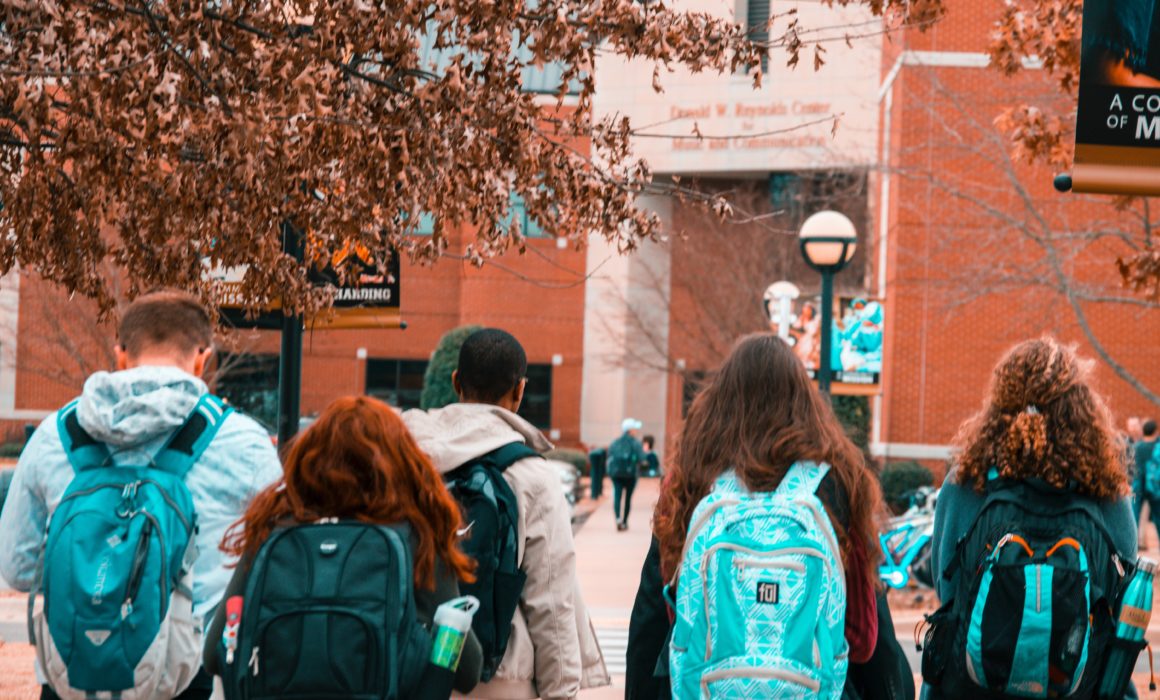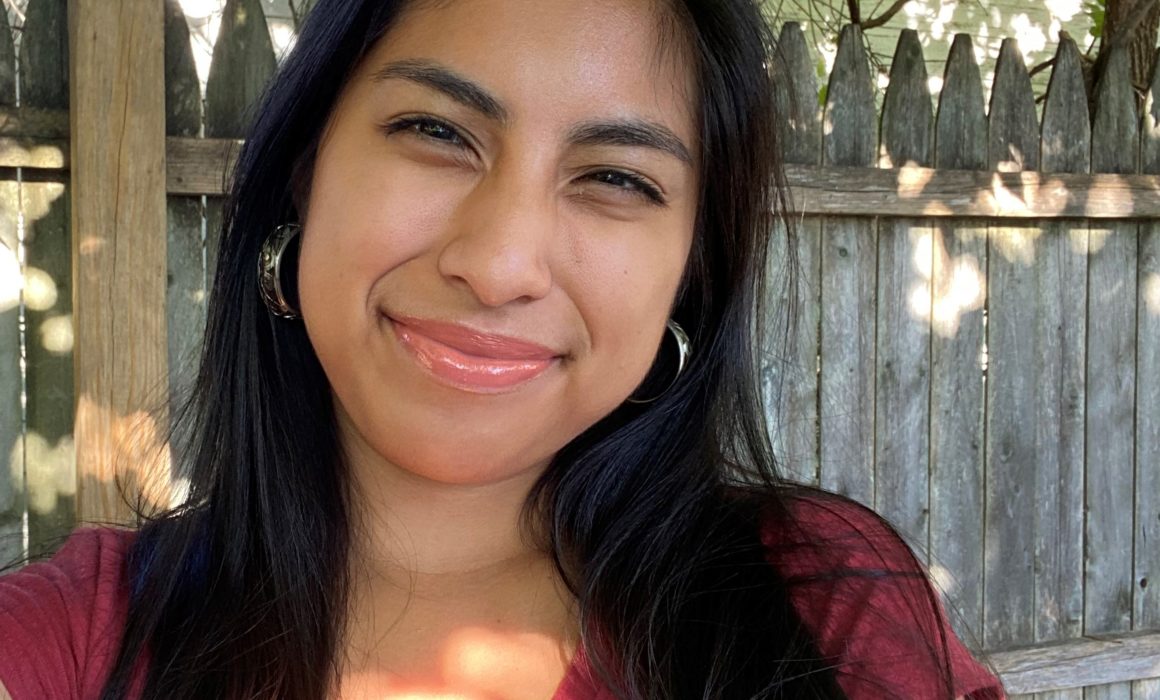Nearly 15 Nonprofits in Hartford Now Offer Post-Secondary Prep
The ALL IN! Post-Secondary Supports Network, a group of 14 nonprofits convening since early in the pandemic, collaborates to help Hartford Public Schools (HPS) students prepare for college or career pathways. This PowerPoint details each member’s post-secondary prep program.
Since the pandemic hit in late winter of 2020, HPS school guidance counselors have had their hands full working with students not coming to school, facing economic crises and coping with the deaths of loved ones. Counselors didn’t have time to help all students with post-secondary preparation, and nonprofits struggled to address student needs as well. With the worst of the pandemic over, things are looking up.
“The level of partnership we’re seeing between HPS and partners is at an all-time high,” says Paul Diego Holzer, executive director of Achieve Hartford. “There is such great energy on both sides to try and serve each student’s need when it comes to post-secondary preparation.”
In weekly meetings through the summer and early fall, the Post-Secondary Supports Network members addressed areas where they overlap and identified gaps in services. Since several groups provide similar post-secondary support services to students, such as help with the FAFSA, college visits and the common app, members shared tips on how they overcame challenges as well as resources that helped their students.
In the Network’s four-year history, members have brought forth ideas for three out four of the ALL IN! Coalition’s past action teams. First, members suggested the Summer Transition Action Team to the Coalition steering committee, as a way to combat ‘summer melt.’ Second, the Nearlies Action Team targeted HPS high school students whose grades and attendance rates were just shy of the qualifications needed to become Hartford Promise scholars. Hartford Promise now leads that program. Later on, the College Retention action team was suggested, which, similar to Summer Transition, was taken to scale as a program of Achieve Hartford in partnership with Capital and Manchester Community Colleges.
“The Network acts as both a community of practice and a think tank. By coming together, we hope to make our slice of the nonprofit sector super high-functioning,” Holzer says.
Always growing, the Post-Secondary Supports Network includes:
Career Beginnings, Hartford Consortium for Higher Education
Higher Heights Youth Empowerment Programs
Urban League of Greater Hartford
The Legacy Foundation of Hartford
Young Women’s Leadership Corps (YWCA)
Blue Hills Civic Association (BHCA)
Center for Latino Progress (CLP)
To read more about each organization’s post-secondary prep program, view this PPT here.






